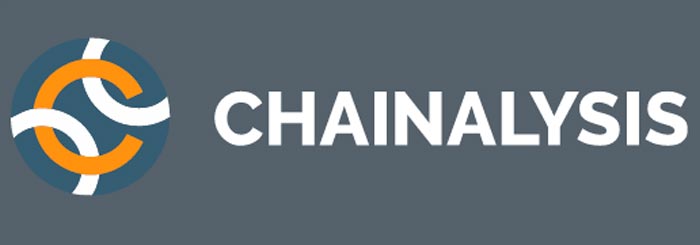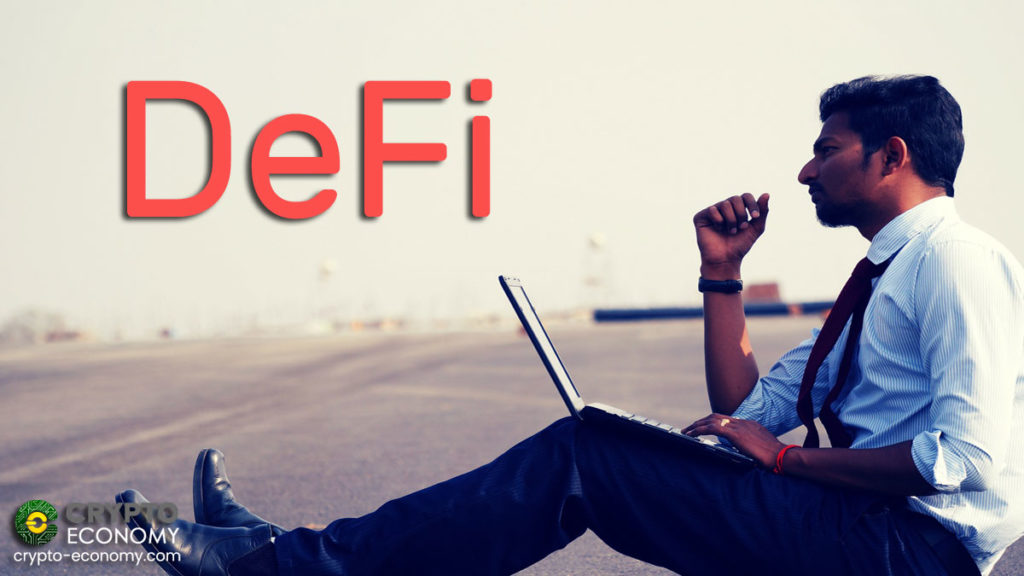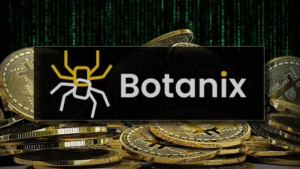According to a publication by Chainalysis, a New York-based blockchain investigation firm, on Thursday, October 28th, despite rapid growth in 2020, regulatory status and compliance requirements remain unclear. Discussions are still going about how DeFi platforms should be treated under the Bank Secrecy Act, securities laws, and other regulations about compliance and safety.
Theoretically, DeFi platforms are thought of as completely automatic platforms that work without human intervention and generally never take custody of funds, leading some to argue that they can’t be regulated. But according to Chainalysis, this not completely true, and the DeFi platforms can also be regulated like other cryptocurrency organizations.
The publication reads:
“However, many DeFi platforms are, in fact, centralized enough that the teams behind them can block risky transactions and take other actions against potential criminal activity, suggesting that they can be regulated like other cryptocurrency platforms.”
Most crypto-related companies exchanges take custody of users’ funds and have teams to internally manage funds that have been deposited, maintain order books, and address problems that arise for customers, much like a conventional financial institution.
But DeFi protocols are smart contracts that run bu self-executing code. They don’t generally take custody of users’ funds at any point. There are further questions like who audits a DeFi platform’s code, deals with vulnerabilities, and help victims in case of a scam or other financial crimes regulators need to answer.

Therefore, some argue that DeFi platforms can not be regulated like traditional crypto companies and regulatory agencies should explore “other means of enforcing the law on DeFi platforms, regardless of whether or not they’re associated with a formal company.”
Chainalysis cites cryptocurrency researcher Ryan Selkis who, in his newsletter, points out that most DeFi platforms do currently have core teams behind them capable of updating protocols to freeze user funds or block transactions if need be.
This was signified by the recent KuCoin hack where Uniswap and Kyber teams were able to freeze some of the funds when hackers were trying to launder stolen funds through these DeFi platforms. This shows that DeFi platforms are not as decentralized as some narratives suggest.
Chainalysis further said that due to low illicit activities on DeFi platforms, DeFi enforcement may not be a priority at the moment. But ultimately, these are the regulators who “determine how to enforce existing regulations on DeFi platforms, or if necessary, will create new ones to protect the integrity of the financial system.”
DeFi platforms had shown the ability of taking preventive actions and cooperating with law enforcement in situations that call for it. Chainalysis concluded:
“DeFi teams that implement some form of transaction monitoring, know your customer (KYC) protocols, and other elements of a traditional compliance program will likely be in a much better position the day that regulators do come knocking.”
If you found this article interesting, here you can find more DeFi News










